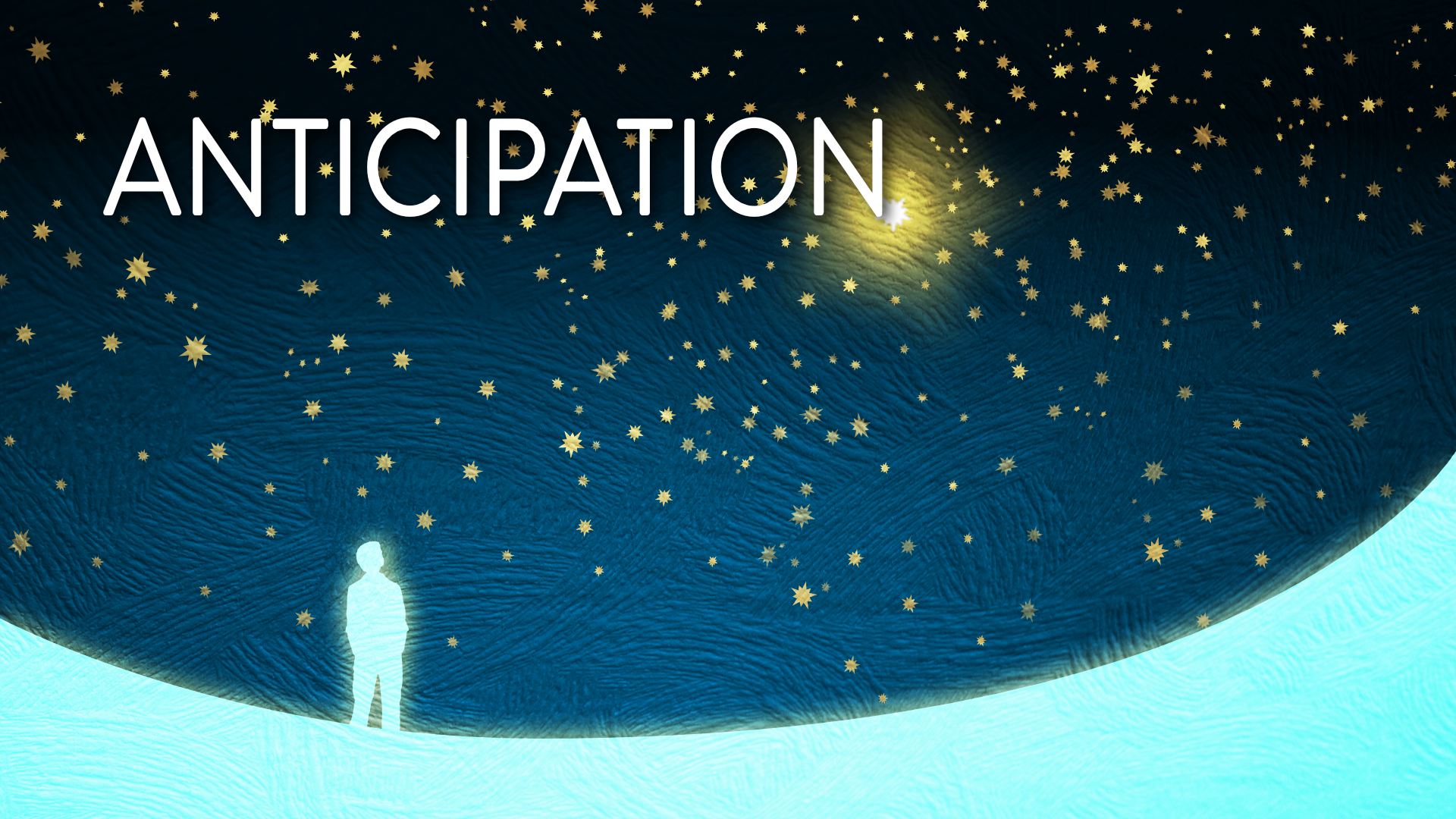Embracing AdventMuestra


Embracing Advent
According to the Christian calendar, a believer’s new year begins not on January 1 but on the first days of Advent—four Sundays before Christmas Day. The Latin word adventus is a translation of the Greek parousia, meaning “coming” or “arrival.” Historically, this word was used to refer both to Christ’s birth in the flesh (that is, the Incarnation), and His coming again at the end of the age (the Second Coming). For this reason, Advent is not only about looking back in gratitude for the first Christmas, it is also about looking forward in anticipation to when Jesus will come again. It is a season of intentionality. A time to re-center our lives around Jesus and His appearing in these two historical events.
Advent, then, reminds us that we are living in the in-between.The Light of the World has already come and brought to us the Light of life (John 8:12). But we are still waiting for the glorious Day when the darkness of this world will be fully banished, and not even the sun will be needed to give its light (Rev 22:5). Until then, we celebrate Advent. We look back in gratitude. We look forward in anticipation. And we embrace God's call to live in-between these two arrivals of Jesus, shining as His lights in a dark world (Phil 2:15).
Acerca de este Plan

Advent begins four Sundays before Christmas Day. During this time, the Church universal is invited to become more intentional: 1) to look back in thankfulness for Jesus’ birth; and 2) to look forward in the hope of full restoration when He comes again. These reflections are designed to help you engage and embrace this season.
More
Planes relacionados

Dios en Medio de la Depresión

Compartir tu Fe con Amigos y Familia: Una Guía Práctica

Palabras Finales De Jesús

Siete Lecciones Que Podemos Aprender De Los Israelitas Y Su Viaje Por El Desierto

Siete Tipos De Reposo Sabático Para Nuestra Cultura Moderna

La Gracia. 7 Claves Para Vivir en Plenitud.

Corazón De Migrante, Corazón De Cristo

Semana Santa
